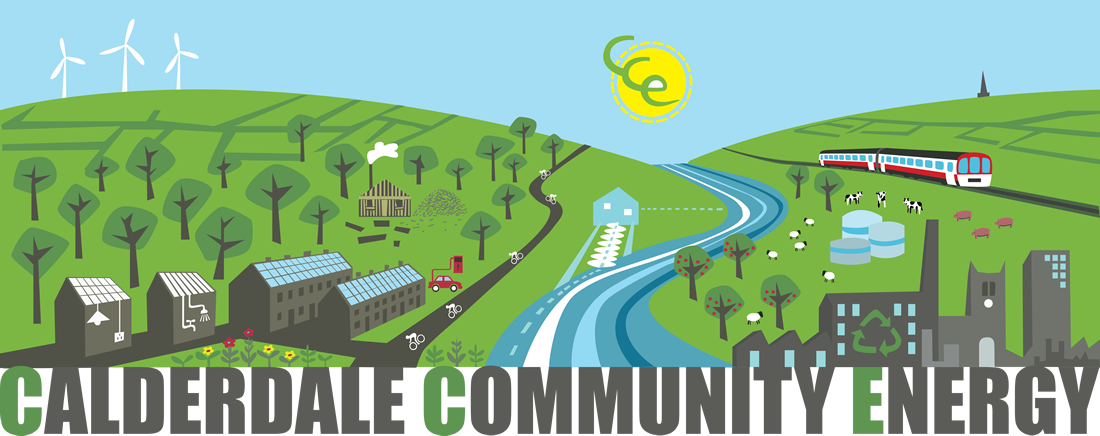Energy efficiency should always be the first point of call for any groups looking to address their energy use and wanting to green up their lifestyle – it is cheaper to save energy than it is to produce it.
Here is some general advice. We also have an easy Top 10 Tips for energy saving at home, advice on what to do if you are struggling to pay bills, and a list of agencies who can help you.
Insulating homes
Insulating homes will bring many benefits – reduce energy bills, stop wasting resources and reducing your carbon emissions.
These are the figures for the heat loss in a detached house – terraced housing will lose less than this as they have shared inner walls
Most houses in the UK can be insulated by filling the cavity walls with fibre, foam or other products and by laying a thick layer of insulation materials on the floor of the attic. Windows can be double glazed and drafts can be reduced by draft proofing windows and doors, filling unused chimneys with chimney balloons and filling gaps under skirting boards.
Using Energy Efficient Appliances
Many appliances used in buildings and homes are very inefficient and lots of energy (and money) can be saved when replacing them by choosing an energy efficient replacement.
Boiler – modern condensing boilers can save as much as a third of the energy used by an older boiler
Washing machine – Most of the energy used is for heating water. Modern energy efficient machines have low temperature, economy settings
Fridge/freezer – these are on 24 hours a day and use lots of power. An energy efficient one will cut electricity bills significantly
Lightbulbs – Compact fluorescents and LED lightbulbs drastically reduce energy use from lights
Consumer electronics – TVs, computers, etc. Energy efficient models are available which use a fraction of the energy of less efficient models
Reducing Use
Having energy efficient appliances is only half the battle. You can also save huge amounts of energy by using appliances less, or more efficiently. Some things are easy to see will save energy like turning off lights when they are not needed or washing clothes on a lower temperature setting. But sometimes it is hard to know when appliances use energy.
Energy monitors can be very useful for finding out what is using all the energy in your home or building. Once people become aware of energy being wasted and know how to stop it, it becomes easy to reduce energy use and cut bills significantly. Energy monitors come in various shapes and sizes. Some plug in to the wall and monitor what energy an individual appliance uses. Others monitor the whole house and display information via a wireless device in a convenient location like the kitchen.
Energy monitors can be quite expensive but will usually pay for themselves in energy savings very quickly. Community groups can loan energy monitors to local people as a way of educating the community about energy use.
